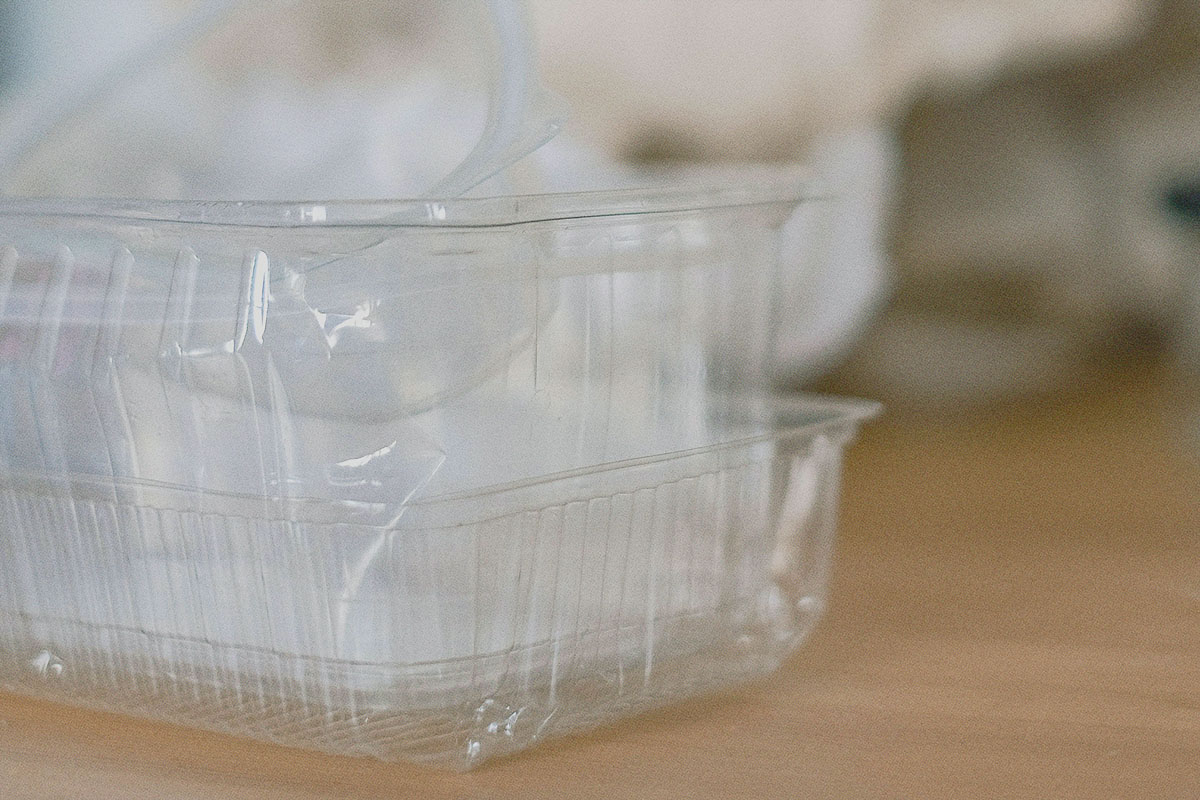Keep reading about similar topics.

Health
by Martha Lewis & Roca Gallery
→
Read More


Chemicals of concern lurk in a great amount products, from food packaging and computer monitors to lipstick and sunscreen, and you may not know that Habitable supports these industry sectors in their quest for safer chemicals.
Some companies have jumped ahead of regulations to voluntarily reduce or phase out specific chemicals of concern. One approach companies use for guidance is a Restricted Substances List or RSL. An RSL is a list of chemicals or chemical classes (a group of similar chemicals) that are restricted for use in a product.
RSLs can be an organization’s list of chemicals of concern for any industry, such as Green Science Policy Institute’s Six Classes of Problematic Chemicals, or they can be a voluntary industry standard, such as the furniture industry’s BIFMA e3/level list of chemicals restricted for use in certified products. At Habitable, we have created a one stop shop with our own chemical hazard database. Pharos – named for the ancient lighthouse of Alexandria – hosts all of these RSLs and more from a variety of industries to help suppliers screen their materials for chemicals of concern and design products that comply with their customers’ needs, and with health in mind.
Instead of checking each list individually, you can use Pharos to check a chemical against all RSLs by simply searching a chemical name or identifier (such as a CASRN). You can also search and download each list individually.

Pharos is a comprehensive independent database of chemicals, polymers, metals, and materials.
It was originally developed by the Habitable research team to save time by consolidating data from hundreds of different sources into one place. This system is available via subscription and is used by manufacturers, retailers, designers, NGOs, government groups, and academics across many industry sectors.
Pharos hosts hazard data for over 200,000 unique chemicals from more than 100 hazard lists. Pharos then maps these data to 25 different resulting types of human health and environmental hazards – such as reproductive toxicity or global warming potential – and assigns a hazard level (e.g high, moderate or low concern) for each endpoint. This translation and distillation of enormous amounts of complex data, to a searchable and practical set of bottom lines makes Pharos a powerful tool. Further, these data are constantly updated to ensure users get the most current information. Pharos helps companies save time finding hazard information, reducing risks by avoiding chemicals of highest concern, and leading the market with safer products. One specific way companies utilize Pharos in their chemicals management process is with RSLs.
While 12,000 different chemicals are approved for use in the manufacture of food contact materials and articles, most of those chemicals have little to no chemical hazard data associated with them, and some are known to be toxic to humans and/or the environment. 1
Recently a global coalition of leading food service companies, environmental NGOs, and technical experts jointly developed a harmonized Food Contact Chemicals of Concern List (FCCoCL). Hosted on Pharos, FCCoCL provides users with a clear pathway to avoid the most concerning chemicals.
The voluntary actions taken by companies to disclose and verify the absence of chemicals of concern will help them stay ahead of legislative and regulatory requirements and establish themselves as industry leaders.
Use RSLs to facilitate internal chemicals management.
Whether or not your company’s chemicals management policy is public, an RSL can reduce or eliminate restricted substances in your facilities and in your suppliers’ incoming materials. For example, the Zero Discharge of Hazardous Chemicals Manufacturing Restricted Substances list (ZDHC MRSL), available in Pharos, catalogs substances that are banned from intentional use in the apparel and footwear industries and their supply chains. By communicating these restrictions to the entire supply chain, manufacturers minimize the impact of banned hazardous chemicals on production workers, local communities, and the environment, while helping meet their corporate sustainability goals.
Use RSLs to maximize your customers’ peace of mind.
Retailers, brands, and manufacturers have published Restricted Substances Lists (RSLs) to help their suppliers identify the top priority chemicals to remove or minimize in their products and processes. For example, Target has relied on an RSL to implement their Chemicals Policy since 2017. Their latest list, the Target Priority Chemical List, is intended to incentivize and support the design of beauty, baby care, personal care, and household cleaning products that are better for people and the planet.
RSLs are a great way to get started working towards eliminating chemicals of known concern, but they do have limitations. RSLs tell you what not to use, but they cannot tell you what chemicals to use. The best next step beyond RSLs is to prefer fully disclosed, fully assessed, safer alternatives.
To identify safer alternatives, we recommend starting with full chemical hazard assessments, such as a GreenScreen for Safer Chemicals or those found in the ChemFORWARD shared repository of chemical hazard assessments. Hazard assessments enable informed decisions towards safer alternatives.

You can use Pharos’ comprehensive data to reduce the use of hazardous chemicals and improve the inherent safety of materials and products.
By taking advantage of RSLs and other hazard screening tools hosted within Pharos, you can save time and money, advance human and environmental health, and future-proof your products and supply chain. Visit Pharos to learn more or subscribe today!
PS: If you want your RSL added, let us know!
If you’d like to have your RSL added to Pharos to facilitate your chemicals management—or you’d just like to learn more about Pharos—contact us at support@habitablefuture.org today!